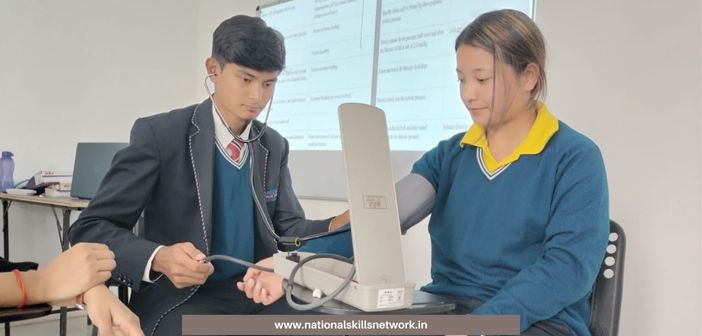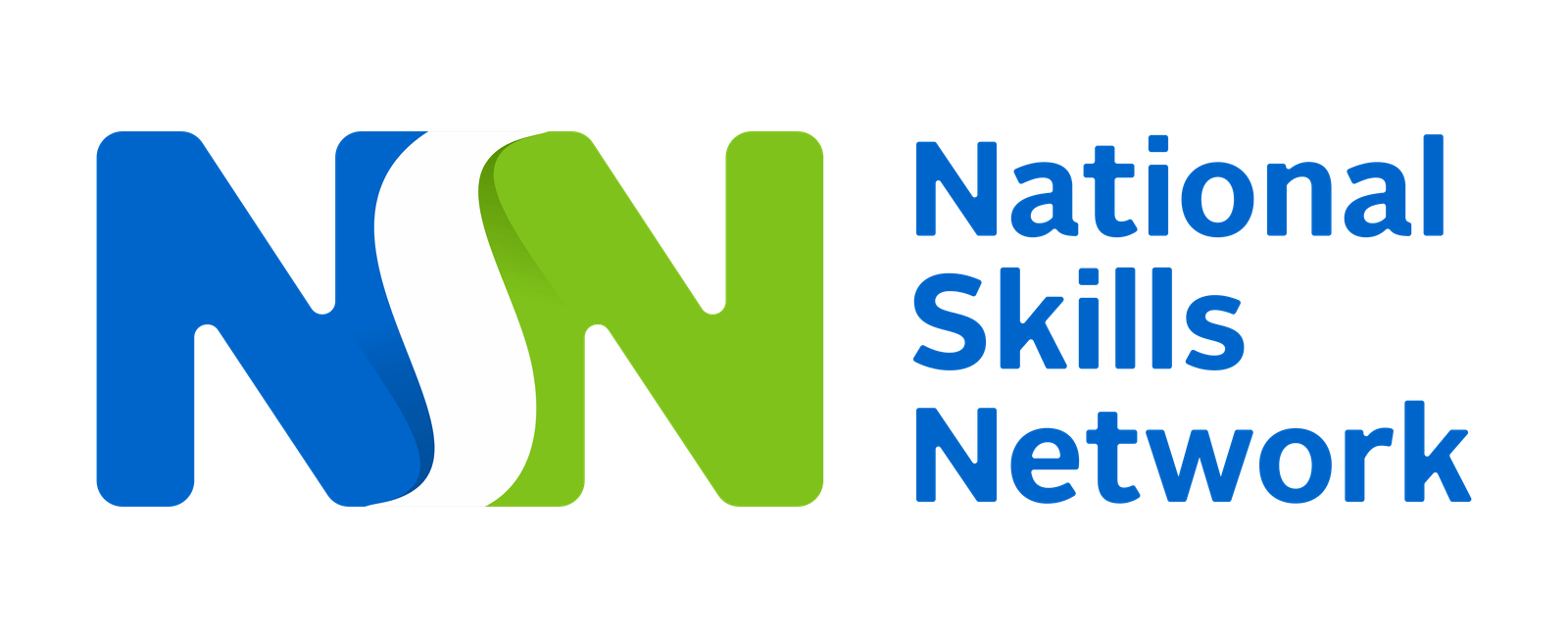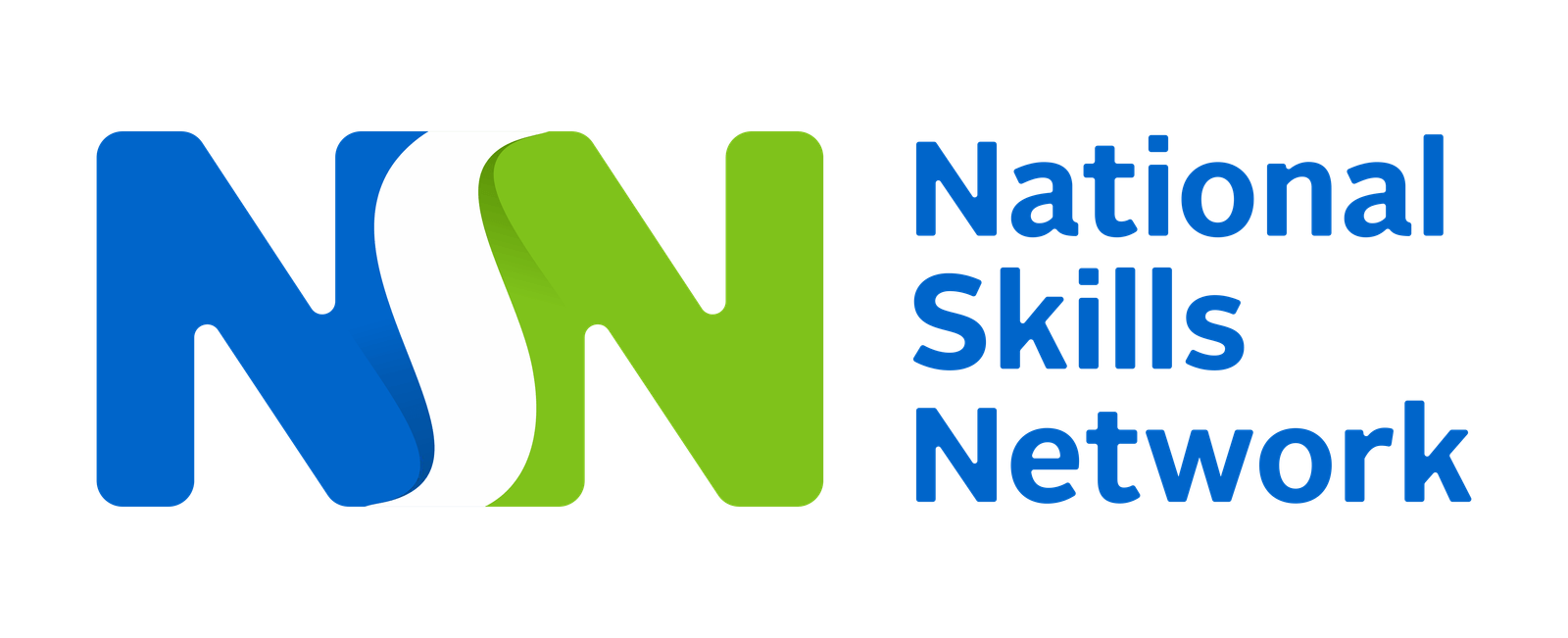Guest author – Dr. Amiya Singh, Pro-Vice Chancellor, Medhavi Skills University

Industry-academia partnerships have traditionally been about placements, occasional industry visits and internships. However, it is high time we look beyond placements and explore more effective and strategic collaboration between the industry and academia.
But why is industry-academia collaboration necessary? Often, we see that higher education institutions are unable to meet the needs of the industry and the students lack industry-relevant skills and knowledge to be employable soon after the completion of their degree programs.
Since the future workplace places a high premium on skills, it becomes the responsibility of educational institutions to provide skilled and globally competent professionals to the industry through technical and vocational education.
Let us take the example from the Hospitality industry. From replacing physical restaurant menus with scannable QR codes to contactless check-in and check-out, from in-app ordering and cloud kitchen service to providing several hospitality experiences to guests on mobiles, the hospitality industry has adapted and evolved manifold over the past few years. Through these initiatives and more, we all have witnessed how quickly the hospitality industry has adapted to new demands. However, such developments are not limited only to the hospitality sector.
The advanced rate of technology adoption and changing nature of work across industry sectors are calling for skilling the youth as per upcoming job roles. To address the existing and emerging skill gaps and cater to the industry’s needs, it becomes crucial for higher education institutions (HEI) to embrace structural changes.

Here are the top 5 ways higher education institutions (HEI) can meet the needs of the industry
1. Raising awareness on career progression
HEI should develop the capacity to assess the potential of different industry sectors along with career progression pathways. Such awareness brings clarity for every stakeholder including students to plan and stay motivated during the academic progression. A student’s clarity on career pathways will enable him/ her to analyze one’s potential, identify relevant skills, work towards bettering them and make better career choices during higher education.
2. Developing a competency-focused curriculum
The curriculum should be developed as a pipeline to prepare the student for specific job roles that are in demand now and in future. This can be done by taking inputs from industry experts and by keeping track of industry trends and progress.
Along with a focus on specific domains, the addition of advanced tools, future skills and technology will bring an edge to explore further upskilling and career advancement.
Also, the packaging of curriculum across trimesters/semesters/years should be more correlated to enable the learner to attain productivity, as a whole, than producing isolated outcomes.
Importantly, learning by doing, experiential learning, and skills attained through practice and problem-solving accelerates the retention of competencies. However, to have more time and focus for learners to practice skills and problem-solving, the curriculum has to be less exhaustive without compromising on relevance and progressive outcomes.
3. Creating a conducive industry environment
Higher education institutions must focus on collaborating with the right industry partners for on-the-job training, organizing training for faculty resources, and onboarding industry professionals as visiting faculty (online/offline). Besides, involving industry partners at various levels like curriculum development, skill assessment, field exposure, and project-based internships, HEI will be able to create an engaging environment for a win-win partnership.
On the other hand, at a local level, collaboration with small-scale industries, businesses, market place, government setups, organizations, and communities can create a sustained learning micro-ecosystem for industrial/organizational practice.
4. Soft skills-embedded Core skills
The requirement for soft skills, with the progression of industrial development and society, has changed over time. From basic communication skills and teamwork to the requirement of emotional intelligence, critical thinking, creativity, problem-solving, adaptability, life long learning, the nature of soft skills at the workplace has significantly changed over a decade and will keep on evolving.
Current practice in the delivery of soft skills as standalone courses in HEIs is unable to produce inclusive growth. Considering the intrapersonal and interpersonal nature of soft skills, integration of the practice of soft skills within a likely environment can bring better results. So, along with relevant courses on practice-driven soft skills, it’s equally important to develop an innovative approach to embed soft skills in the process of delivery of core skills.
For instance, facilitating field projects or surveys in small groups enables students to practice skills like team building, leadership, effective communication, problem-solving, etc. MOOC-based learning enhances the ability for independent and responsible learning at self-paced. The practice of presentation-led evaluation enhances confidence and communication. Open-source-led assignments can be an effective way to practice creativity and problem-solving. Gamified and credit-based co-curricular or extra-curricular engagement are also proven mediums to enhance personal effectiveness.
5. Shifting from Placement-led to Progression-led employment
Many HEI in the country currently focuses on bringing industry partners to their campuses and running placement drives. Unfortunately, this placement-led employment at entry level at HEIs is due to high demand in specific sectors and not due to the employability factor. For example, students complete their undergraduate degree in electrical engineering, but join an IT company in a generic portfolio, with less possibility of appropriate progression in demand in that sector. Later, this mismatch leads to further career conflicts and compromises. Instead, institutions must focus on employability-led learning and progression-led employment.
Higher education institutions have always been one of the key drivers of economic progression in our country, creating a future-ready workforce, and supporting innovation. All this can be accelerated by meeting the needs and changing demands of the industry. While an increasing number of HEI are making structural changes to cater to the demands of the industry, they are also keen on building stronger and more effective collaborations with the industry sector that can be mutually beneficial to both.
Subscribe to our YouTube channel for more updates:
Subscribe on YouTube













